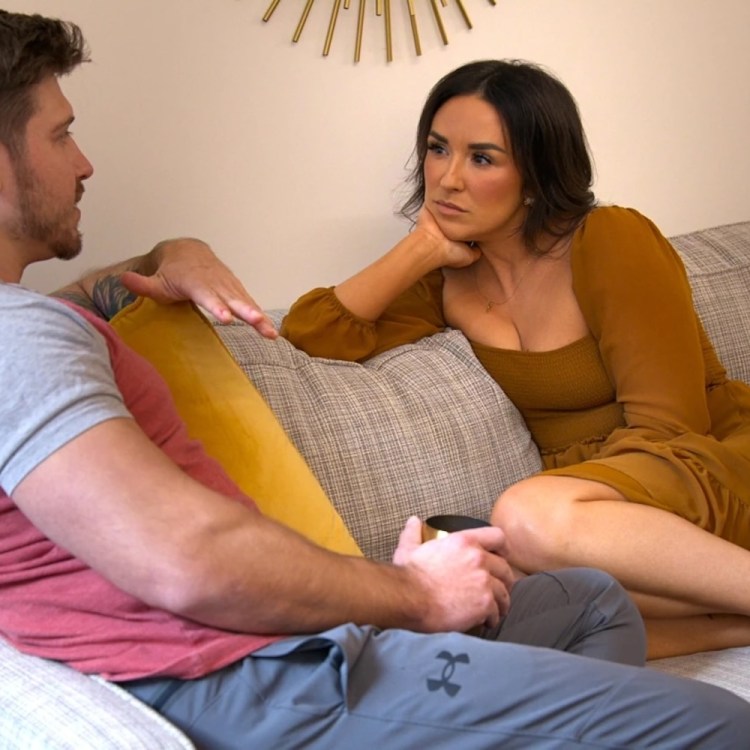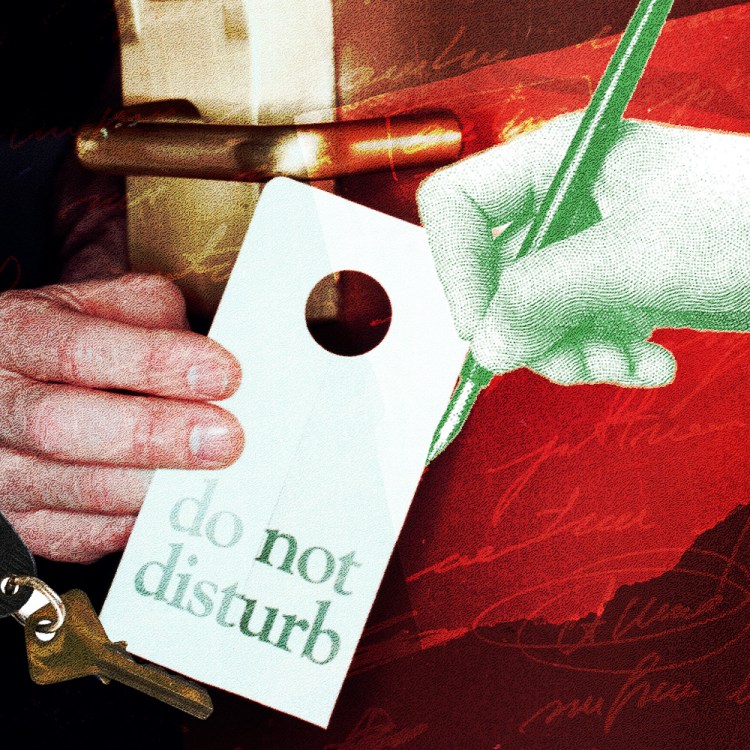In the wake of Jonah Hill screenshot-gate, lots of people are talking about how easy it is to manipulate the lessons of therapy into a self-serving agenda. “Therapy-speak” is now a derogatory term for the sometimes-clinical language used by professionals that gets warped and repeated ad nauseam by clients who don’t fully grasp their meaning — like a certain actor who sent a certain string of messages to a certain surfer explaining why it would be a violation of his “boundaries” if she continued surfing with men. But despite the bad rap that befell therapy this past week, it remains a transformative tool for many people who need guidance in their personal lives. And one of its lessons that Jonah Hill and others like him could stand to internalize is the power of reflective listening — something psychology experts say is the best way to make a partner feel seen and validated.
One step further from other therapy faves like active listening, reflective listening is a process that demonstrates you’ve not only heard what the other person is saying, but you’ve understood it and you see its value. It also means you’re picking up on the other person’s unspoken cues — their body language and tone — and using all the information to make sense of what they’re trying to communicate.
Professor of psychiatry Jessica Griffin and sexuality expert and author Pepper Schwartz wrote about the benefits of reflective listening for CNBC last week. “When we’re certain that our opinions are respected, we can better work together to resolve issues before they turn from minor disagreements into major fights,” they said.
Why Maintenance Sex Belongs in Every Relationship
The positive effects of going after it, even if you don’t feel like itReflective listening is especially useful in times of disagreement between you and a partner. To practice it, Griffin and Schwartz recommend introducing the conversation about whatever is frustrating your partner in a quiet, comfortable place where you can share eye contact. They wrote that a good way to open the discussion is by inviting the other person to help you understand how they’re feeling more fully, demonstrating that you genuinely want to hear from them and appreciate their point of view. From there, basic listening skills come into play (no eye-rolling or signs of exasperation or impatience, no interrupting, no distraction) before apologizing at the end for however your actions may have contributed to their distress.
A paper on reflective listening from Syracuse University emphasized that a significant part of it is taking care to not inject your own perspective into the conversation, instead focusing entirely on the other person’s needs as they speak. But you should periodically chime in with a paraphrased version of what your partner has said to show that you’re following their points and to make sure you’re interpreting their feelings correctly.
Though the name reeks of pop-psychology, reflective listening is really just a demonstration of compassion, patience and your desire to help one another work through the challenges that come with sustaining relationships of any kind. It’s an expert-approved method of healthy communication — unlike texting your partner a list of things they can’t do and people they can’t hang out with because it makes you feel insecure. That method is forever on the outs.
The Charge will help you move better, think clearer and stay in the game longer. Subscribe to our wellness newsletter today.



















